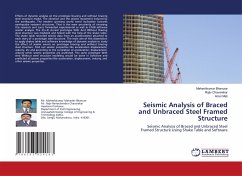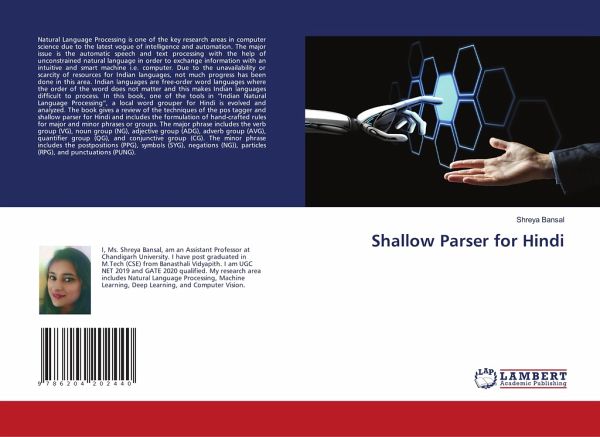
Shallow Parser for Hindi
Versandkostenfrei!
Versandfertig in 6-10 Tagen
27,99 €
inkl. MwSt.

PAYBACK Punkte
14 °P sammeln!
Natural Language Processing is one of the key research areas in computer science due to the latest vogue of intelligence and automation. The major issue is the automatic speech and text processing with the help of unconstrained natural language in order to exchange information with an intuitive and smart machine i.e. computer. Due to the unavailability or scarcity of resources for Indian languages, not much progress has been done in this area. Indian languages are free-order word languages where the order of the word does not matter and this makes Indian languages difficult to process. In this...
Natural Language Processing is one of the key research areas in computer science due to the latest vogue of intelligence and automation. The major issue is the automatic speech and text processing with the help of unconstrained natural language in order to exchange information with an intuitive and smart machine i.e. computer. Due to the unavailability or scarcity of resources for Indian languages, not much progress has been done in this area. Indian languages are free-order word languages where the order of the word does not matter and this makes Indian languages difficult to process. In this book, one of the tools in "Indian Natural Language Processing", a local word grouper for Hindi is evolved and analyzed. The book gives a review of the techniques of the pos tagger and shallow parser for Hindi and includes the formulation of hand-crafted rules for major and minor phrases or groups. The major phrase includes the verb group (VG), noun group (NG), adjective group (ADG), adverb group (AVG), quantifier group (QG), and conjunctive group (CG). The minor phrase includes the postpositions (PPG), symbols (SYG), negations (NG)), particles (RPG), and punctuations (PUNG).



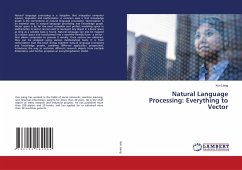

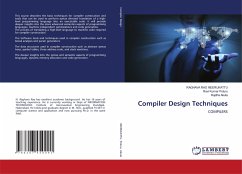
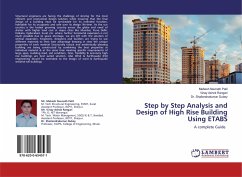
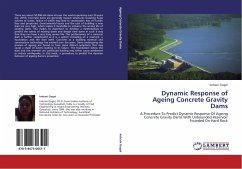
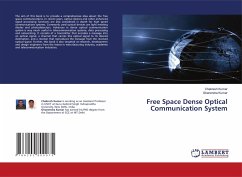
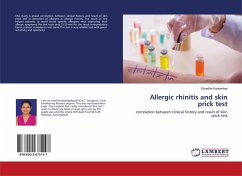
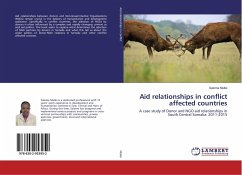
![Physics Practical Book [VOL-I] [C.B.C.S] Cover Physics Practical Book [VOL-I] [C.B.C.S]](https://bilder.buecher.de/produkte/60/60492/60492377n.jpg)
